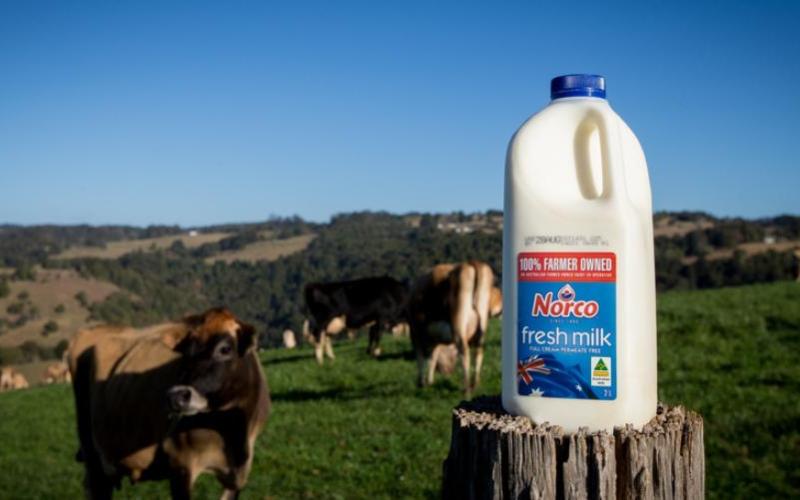Challenges Plaguing Kazakhstan's Dairy Sector
Source: The DairyNews
Vladimir Kozhevnikov, director of the Kazakh dairy union, has shed light on the daunting challenges confronting Kazakhstan's dairy industry, primarily stemming from stiff competition with Russian dairy firms benefiting from substantial state aid, writes dairyglobal.com

Despite efforts to bolster the sector through state support, Kazakh dairy companies struggle to keep pace with their counterparts within the Eurasia Economic Union (EEU), resulting in rising imports from Russia.
While the Kazakh government allocates funds to support dairy businesses, Kozhevnikov highlights that these resources fall short in comparison to the aid provided in other EEU member states. The disparity in state support underscores the need for Kazakhstan to enhance its competitive edge in the face of regional economic integration.
Moreover, the industry grapples with longstanding issues such as the lack of high-quality raw milk, with only a fraction of production meeting premium standards due to non-compliance with production norms among milk farmers. Kozhevnikov emphasizes the imperative of instituting comprehensive reforms to address these structural deficiencies, advocating for the development of large-scale farming and the consolidation of small-scale operations into cooperatives.
With 172 dairy factories processing an average of 2.5 million tonnes of raw milk annually, Kazakhstan's dairy sector plays a vital role in the country's economy. However, to overcome the challenges posed by intensified competition and internal inefficiencies, concerted efforts are required to modernize production practices and enhance the sector's overall resilience. As Kozhevnikov asserts, proactive measures are essential to ensure the long-term sustainability and competitiveness of Kazakhstan's dairy industry in the face of evolving market dynamics.
While the Kazakh government allocates funds to support dairy businesses, Kozhevnikov highlights that these resources fall short in comparison to the aid provided in other EEU member states. The disparity in state support underscores the need for Kazakhstan to enhance its competitive edge in the face of regional economic integration.
Moreover, the industry grapples with longstanding issues such as the lack of high-quality raw milk, with only a fraction of production meeting premium standards due to non-compliance with production norms among milk farmers. Kozhevnikov emphasizes the imperative of instituting comprehensive reforms to address these structural deficiencies, advocating for the development of large-scale farming and the consolidation of small-scale operations into cooperatives.
With 172 dairy factories processing an average of 2.5 million tonnes of raw milk annually, Kazakhstan's dairy sector plays a vital role in the country's economy. However, to overcome the challenges posed by intensified competition and internal inefficiencies, concerted efforts are required to modernize production practices and enhance the sector's overall resilience. As Kozhevnikov asserts, proactive measures are essential to ensure the long-term sustainability and competitiveness of Kazakhstan's dairy industry in the face of evolving market dynamics.














